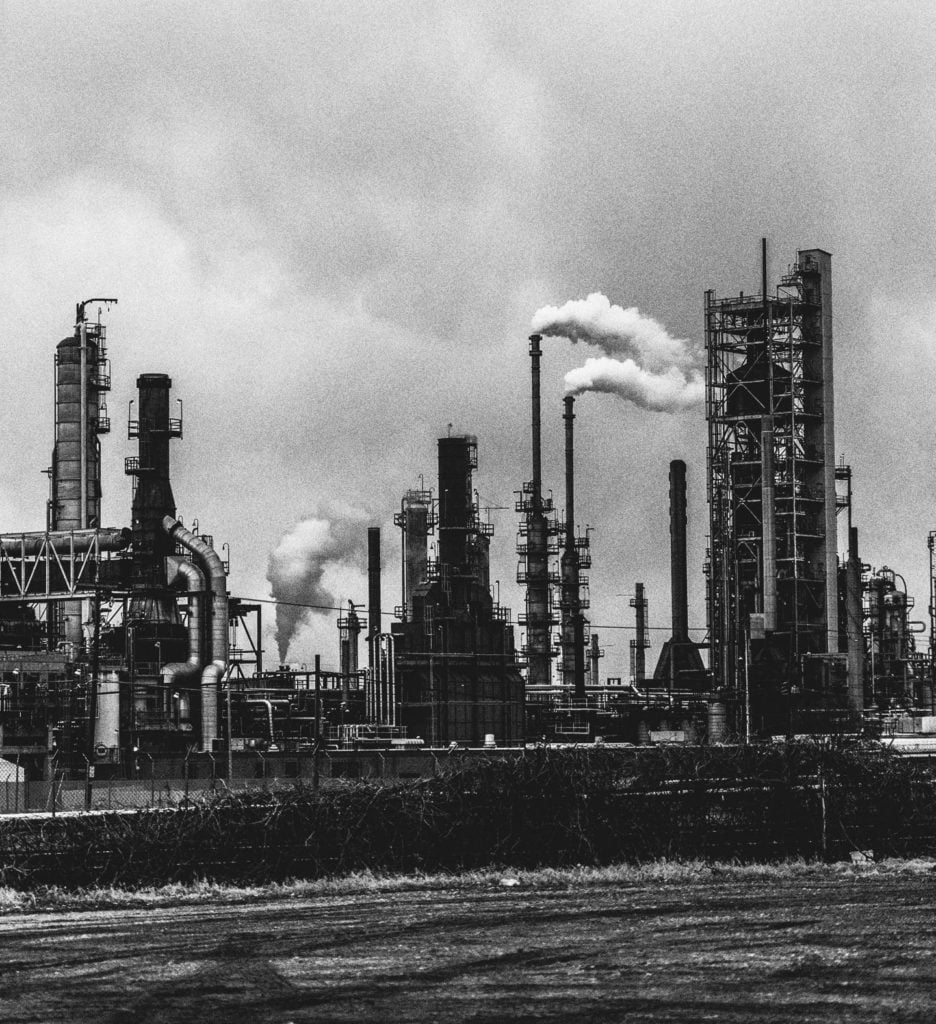Featured GIVING
Let us QUADRUPLE your Earth Day gift!
The fight against plastics has reached a tipping point, and the time has come to face it. It’s people or plastics — we can’t have both.
Your gift today will go 4X further to stop plastics.
$50 = $200, $100 = $400, $250 = $1,000!

Featured RESEARCH
Iowa: ground zero for Big Ag’s biggest climate scams
Corporations are promising their new schemes are “climate solutions.” But Iowa residents share the truth behind these polluting projects.
Read their stories in our latest report, Selling Snake Oil: Big Oil’s False Solutions in Iowa.

Featured ARTICLE
Chemical companies spend millions to keep PFAS in our water
Our new research exposes the potential enormity of chemical companies’ lobbying arsenal amid a wave of proposed bills and regulations on PFAS.

Boost the Fight
Your support fuels the work to protect food, water, and air, and to fight climate change by banning fossil fuels. Members like you make these wins possible.
Fossil fuel executives hope you’ll believe in their newest scheme — “CCS.”
Carbon Capture and Storage (CCS) is the fossil fuel industry’s biggest scheme yet to persuade people that the climate crisis can be solved while still depending on the products they’re selling.
But the facts show fossil fuels can’t solve the climate crisis.





